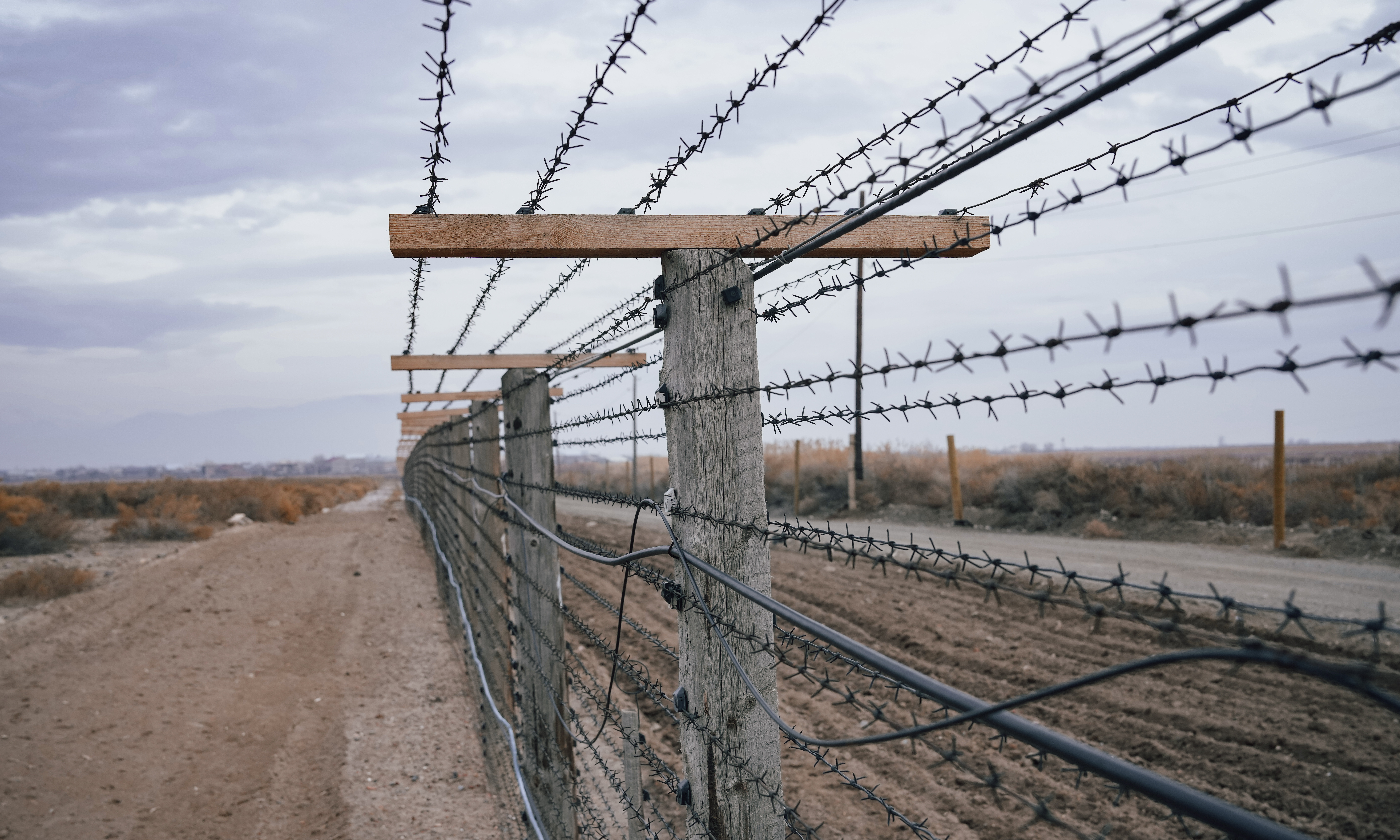Title 42, a Trump administration-era policy that enabled the expulsion of migrants without any processing or screening for asylum requests whatsoever, is set to expire on May 11, 2023. The current Biden administration Biden faces bipartisan pressure to come up with a solution to manage the groundswell of asylum requests predicted to take place at the U.S. southern border.
In the meantime, migrants who have traveled thousands of miles with their families at great personal risk and financial expense are finding themselves being wielded as a political football. The current confusion surrounding asylum screening and processing is set to expand exponentially, with tens of thousands of Indian migrants potentially caught in the crosswinds.
Speaking to NPR affiliate WNYC in 2018, lead attorney Deepak Ahluwalia voiced his frustration at the Trump administration’s blatant efforts to curb the legal asylum application process. The fear is that the current administration will resort to similar efforts, in line with their unwarranted expansion of Title 42’s expulsion powers in January 2023.
What’s at stake are the lives, safety, and human rights of over a million individuals hailing from Latin America, India, and other parts of the globe currently experiencing disruption and unrest.
Indians Filled Detention Centers in 2018 in Unprecedented Wave of Asylum Requests, With 2023 Set to Affect Even More
Back in 2018, WNYC and other outlets were reporting on a trend the general public might not have expected: many of the migrants surrendering themselves to Border agents were Indian nationals.
Waves of asylum seekers hailing from Cuba, Haiti, Central America, and South America had gradually become a familiar site from 2010 onward, stemming in large part from political and economic disruption. However, with the rise to power of India’s Bharatiya Janata Party (BJP) in 2014, many individuals in India faced a steep increase in political persecution. Indian nationals reported a growing level of attacks on Sikhs, Muslims, Christians, and minority groups, including LGBT individuals.
By 2018, U.S. Border Agents were reporting a record 8,997 encounters with Indian nationals, nearly all of them seeking asylum legally under the U.S.’s established asylum process. In 2022, that record was shattered, with 16,290 Indian asylum seekers taken into custody.
Hundreds of thousands of individuals overall were being detained in detention centers, prisons, and jails while they awaited their asylum hearings. Within this overcrowded environment, a full-blown humanitarian crisis emerged. During his 2018 interview with NPR, Ahluwalia noted “a slew of legal, human rights violations — anywhere from not letting them have access to food, cutting off access to a legal counsel, not letting them meet with their attorneys” to generally “shutting them off from the outside world.”
Reports at the time documented that some ICE detention facility populations were made up of around 20% – 55% Indian nationals. Many faced discrimination that forced them to violate their religious practices, including Sikhs having their turbans thrown away and not being provided with replacements and Hindu detainees being denied vegetarian meals.
Ahluwalia reflected in 2018 how “prior to lawsuits by ACLU and others, we weren’t able to even speak to our clients; our clients were telling us that they weren’t able to make phone calls out to their families or to their attorneys.”
He also reported how many of his clients were being left in the same clothes they were arrested in throughout most of their detention, leaving them unable to get a clean change of clothes for days or weeks.
Releases Relieve the Distress of Detention but Introduce New Challenges
Overcrowding in ICE detention centers eventually led to a reform in Customs and Border Patrol (CBP) policies in 2021, where detainees were allowed to be released after screening but prior to being given a hearing date. Instead of a “Notice to Appear” with a specific date, time, and address listed, released asylum seekers were instead given a “Notice to Report” to an ICE office to learn more about the charges they faced in connection with deportation and removal. Some were required to be subject to monitoring measures, such as an ankle bracelet, as part of the “Alternatives to Detention” or ATD program.
NBC News reported in February 2023 that over 800,000 individuals had been released from ICE detention, both with and without ATD monitoring. Many individuals are then left in a storm of confusion as to where to report, when, and whether their case for asylum is even on the right track. Since the deadline to formally begin the asylum application process is one year from the date of entry to the U.S., thousands end up in a state of “legal limbo,” where they are permitted release but unable to obtain work authorization or other forms of documentation.
“It just leads to more confusion amongst the population that are the ones fleeing persecution and torture,” an immigration attorney told NBC. “You’re putting them into this confusing spiral where they don’t actually have court for several years, and they’re missing out on the opportunity to apply for asylum.”
Since many families and individuals spent every penny they had just to reach the border, they are left with very little in the way of options once they are released. Without work authorization, they have no legitimate way to provide for themselves or their families. That has led to an unprecedented wave of demand for housing, food assistance, and other forms of aid.
With Title 42 set to expire and the measures that will be used to mitigate the flood of asylum requests unclear, the importance of having an attorney to assist asylum seekers and help them manage their cases has never been higher.
Gain Clarity on Your Asylum Status and Other Assistance With a Proven Immigration Attorney Team
Singh Ahluwalia Attorneys at Law and its lead attorney Deepak Ahluwalia have become a trusted source for information about the American immigration system, leading to interviews with the BBC, NPR, CNN, The Guardian, and other world-leading outlets. He has also helped a staggering number of individuals — hundreds of thousands — navigate the U.S. immigration system.
If you are fighting for your legal rights or seeking guidance on your journey toward being granted asylum, we are available to assist you and your family. We can also provide assistance with work authorization, residency, family immigration, and other processes critical to establishing a safe, healthy life here in the United States.
We are here to fight for your legal rights, provide you with guidance during your entire journey, and answer any and all questions you may have. Data shows that individuals represented by an attorney have a 20% higher asylum request approval rate, so don’t neglect your own right to legal representation.
Find out more about how we can help you during a confidential, no-obligation case review. Call (559) 878-4958 or contact us online to schedule your appointment with an experienced asylum lawyer today.









